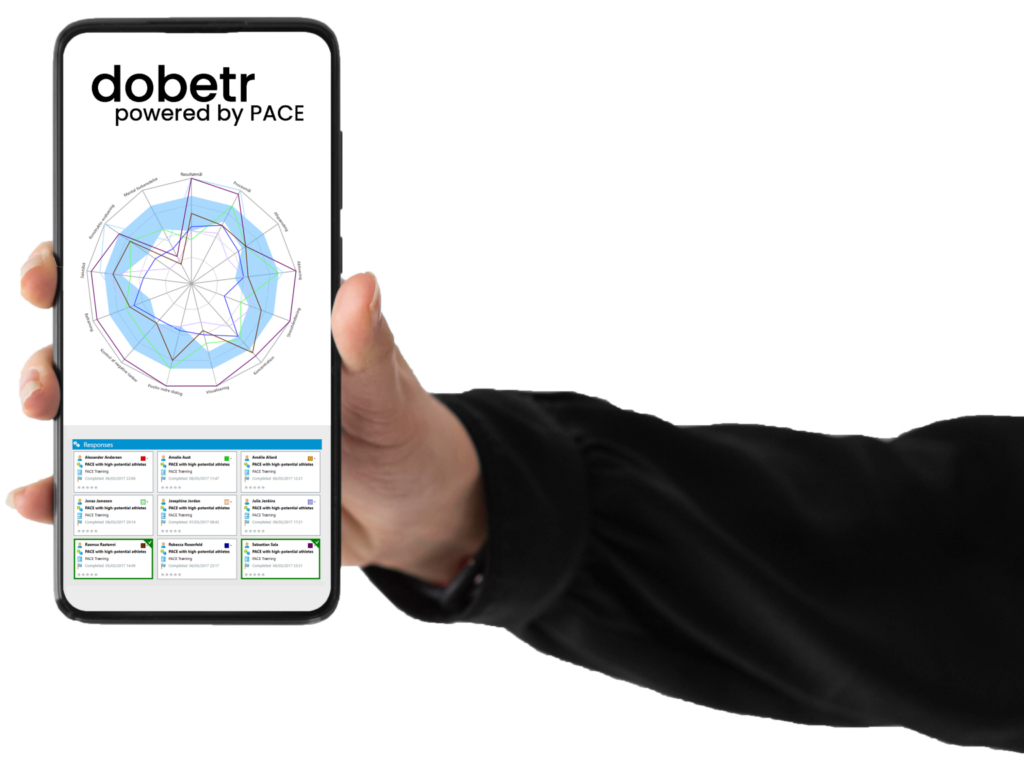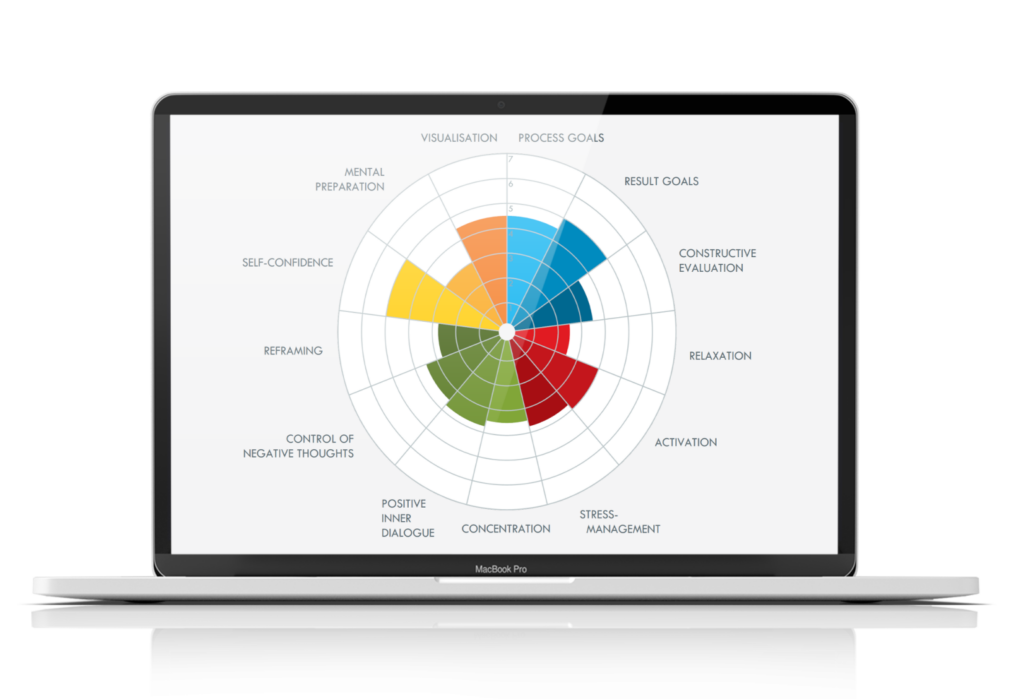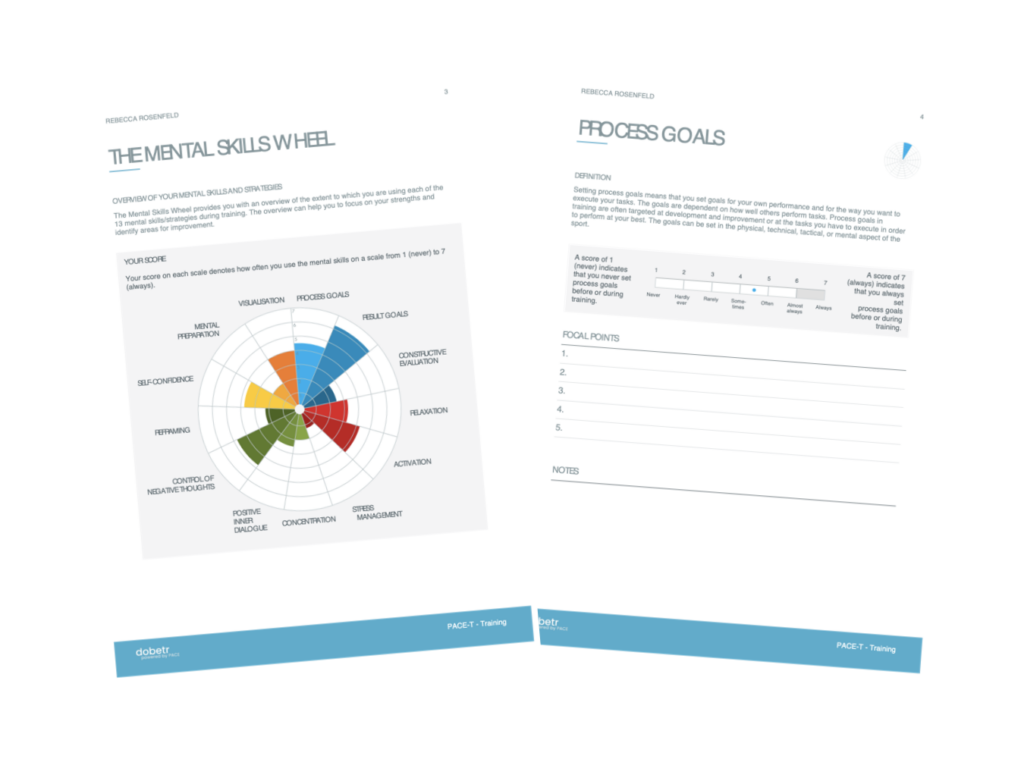PACE
PACE is a developmental tool, focusing on mental skills that can be learned and improved over time to enhance athlete performance. It is not intended for recruitment or selection purposes.
Training mental skills is essential for long-term success.
Mental skills are defined as self-regulating, performance-enhancing abilities that can be developed through consistent training.
PACE provides insights into how athletes approach different situations and helps identify areas for improvement.

Key Points of PACE
PACE is not the final answer:
The results are a snapshot of the athlete’s mental state and may be influenced by various factors beyond the 13 mental skills being measured, such as mood, recent performances, or life events.
The purpose of mental training is to equip the athlete with the right skills to perform optimally, potentially at the highest levels of competition. In addition, it helps to optimize the quality of daily training and creates a shared language between the coach and athlete regarding key aspects of training and competition.
The PACE assessment includes 52 questions, with four questions dedicated to each mental skill. You may have noticed that some of the questions seemed similar, but these subtle differences allow us to capture nuanced aspects of each skill. Your score for each skill is the average of your responses to those four questions.
In the graphical representation of each skill, the scale ranges from 1 (never) to 7 (always). Your score is represented by a dot, while the norm group’s average score is shown as a vertical line. The shaded gray area around the norm group average represents the spread of scores within the group, encompassing around 50% of the athletes—25% on either side of the average. This helps you understand where you stand in comparison to others.
Mental skills are self-regulating and performance-optimizing abilities that dictate how an athlete mentally responds to various situations during training and competition. These skills are not static, and athletes can develop and improve them with training.
- Blue: Goal setting and evaluation skills.
- Red: Skills related to stress regulation.
- Green: Skills for maintaining focus, concentration, and managing inner dialogue.
- Yellow: Independent skills such as confidence, mental preparation, and visualization.
Each page of your report presents one mental skill.
When reviewing PACE results, always emphasize that the results are not „definitive.“ The scores reflect your responses at that moment, which may have been influenced by factors like mood, recent performances, or personal events. The follow-up conversation is crucial in helping you reflect on the profile and understand it in relation to your self-perception and mental skills.



